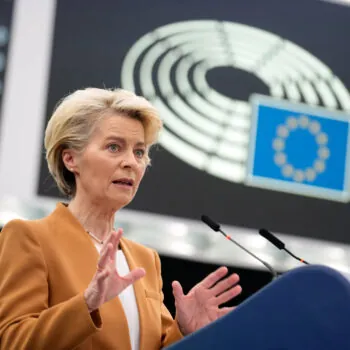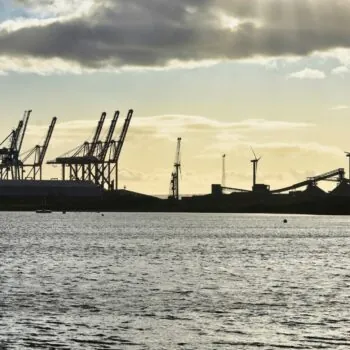European cities are delivering the Energy Union: they are taking on ambitious climate and energy commitments, experimenting with new technologies and policy mechanisms to drive the energy transition, building clean energy systems, and engaging their citizens. But they are encountering some obstacles along the way – from uncertain policy signals, to lack of finance, lack of recognition at national and European levels, and legal barriers.
Meanwhile, discussions on the governance structure of the EU Energy Union are underway and there has been a lot of positive rhetoric about the importance of cities. But beyond the nice words, the Commission hasn’t said much yet about what it will mean in practice.
E3G’s new briefing exposes a few ideas on how to make EU cities’ work easier and the Energy Union objectives a reality. Core recommendations to European and national policy makers are:
- Recognise local commitments and strategies in the governance process; in particular, ensure cities’ Sustainable Energy Action Plans (SEAPs) under the Covenant of Mayors are be included in the National Energy and Climate Plans (NECP) process.
- Create a clear and stable investment environment through long term goals and intermediate targets enshrined in law, backed by strong political commitments and regular reviews. Allow for accounting of energy efficiency investment as capital infrastructure spending in local governments’ budgets.
- Scale up local investment through targeted technical assistance; notably by fast tracking support through the Juncker Plan’s European Advisory Investment Hub.
- Review legal barriers to city level action, notably through a simplified state aid framework for local actors and a review of their energy competencies through the study of European best practices.



